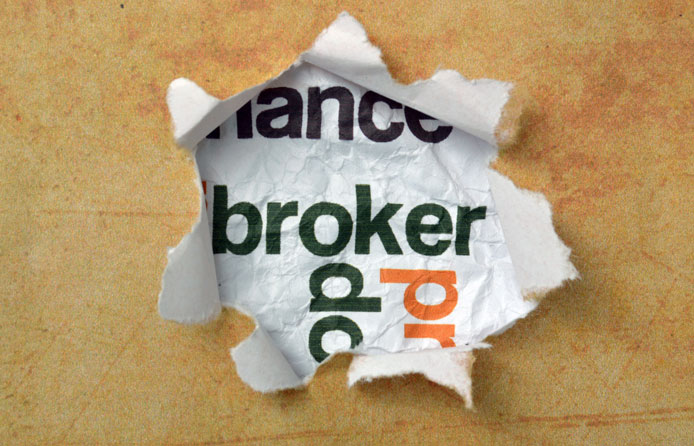ASIC announced today that it will prohibit ‘flex commissions’ in the car finance market. The prohibition will still allow lenders to pay other types of commissions to car dealers.
Flex commissions are common in car finance but not generally found in other markets. Flex commissions allow car dealers to arrange car loans at a higher interest rate than the lowest available rate (700 basis points higher – or more), and thereby earn a much higher commission. As a result, some consumers can end up paying thousands of dollars more in interest charges over the life of the car loan.
ASIC is implementing the prohibition because of these poor outcomes for consumers and because flex commissions operate in a way that is unfair under the National Consumer Credit Protection Act 2009 (National Credit Act).
ASIC’s Deputy Chair Peter Kell said, ‘Most consumers would be surprised to learn that when you are buying a car on finance, the car dealer can, for example, decide whether you will be charged an interest rate of 7% or one of 14% – regardless of your credit history. Flex commissions do not operate in a fair and transparent way, and ASIC’s action will ensure that consumers are not charged excessive interest rates.’
Mr Kell said ASIC has conducted two rounds of written consultations with targeted stakeholders, including industry bodies, lenders, car dealers and their associations and consumer groups on various options to respond to the harm caused by flex commissions. Based on this consultation, ASIC has decided on a prohibition as a comprehensive, industry-wide solution that will deliver broad changes for the benefit of consumers.
‘There was a broad recognition that flex commissions create poor consumer outcomes. However, lenders who cease paying flex commissions unilaterally risk putting themselves at a competitive disadvantage. It is therefore necessary to implement the change through an industry wide approach that would ensure a level playing field for all lenders,’ Mr Kell said.
ASIC proposes to use its statutory power to modify provisions of the National Credit Act to prohibit the use of flex commissions so that the amount paid in commissions is not linked to the interest rate, and therefore that the lender has responsibility for determining the interest rate that applies to a particular loan.
ASIC acknowledges that it is desirable to allow car dealers some flexibility to reduce interest rates in order to secure a deal. It is therefore proposing to allow a limited capacity for car dealers to discount the interest rate and receive lower commissions, as this will benefit consumers through a lower cost of credit.
ASIC has prepared a draft legislative instrument to implement the prohibition and is conducting a three-week consultation on technical aspects of the instrument (see the Consultation Paper below).
Mr Kell said, ‘We are confident this prohibition will benefit consumers by removing incentives that increase the interest rates they are charged. We consider that average interest rates on car loans will fall as a result of more efficient pricing models and lower losses through defaults. We expect lenders will work with car dealers in moving to fairer and more sustainable models’.

